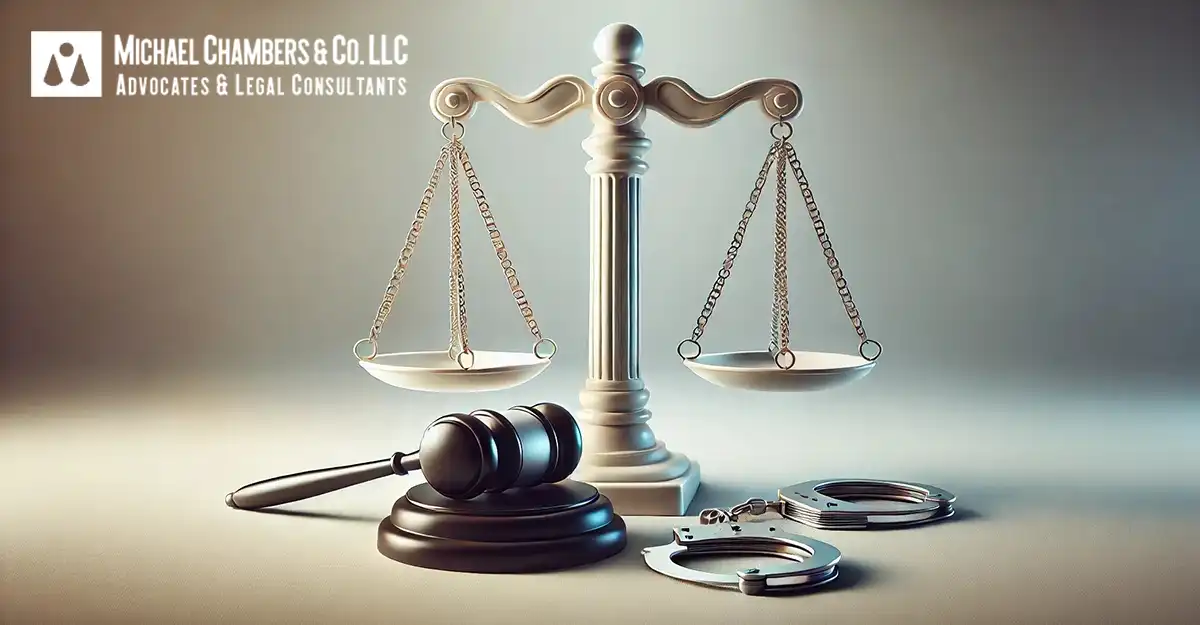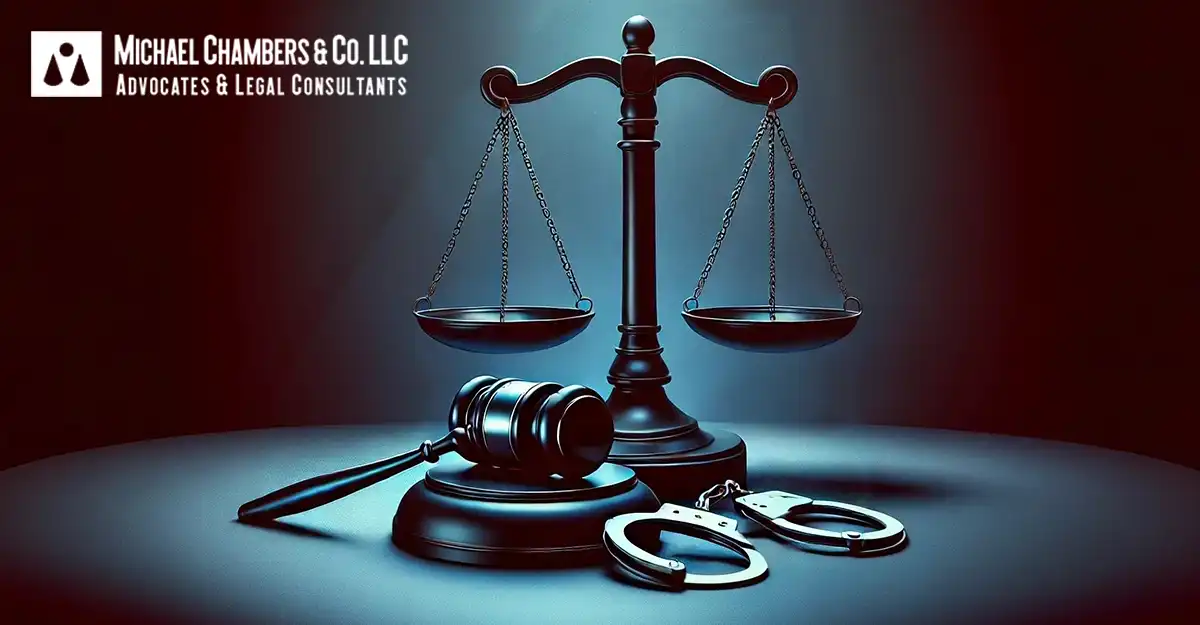A trademark is a distinctive sign or indicator that is used by a business or an individual to distinguish his goods or services from others on the market. The trademark will be unique to that business or individual and will serve to identify the source of the goods and services. A trademark may consist of: words; signs; symbols; logos; pictures; shapes; colours; letters; phrases; designs and images or a combination of such elements.
A trademark may be registered or unregistered and the status of the mark will determine what the appropriate course of action for infringement will be.
A commercial entity is best advised to register its trademarks, which will most often form an important part of its identity and accordingly will be of considerable value to the business. As such, protection of intellectual property rights is imperative to most businesses.
In order to register a trademark it is initially necessary to determine whether the mark itself is capable of registration. In order to be capable of registration it needs:
- to be capable of graphical representation.
- to be distinct.
- not to deceive.
The Registrar may refuse registration of a trademark in certain cases specified by law. Some of the most important instances when a mark will be refused will be if: it is not distinctive; it consists of known signs in the trade to indicate the nature of goods or services; it is generic; it is misleading as to the nature of the goods or services; it includes a sign of symbolic importance or it is contrary to public policy.
The Registrar will also reject an application to register the trademark if it is identical or similar to an existing trademark.
Prior to applying to register a trademark it is possible to request an opinion from the Registrar on whether the trademark can be registered. A lawyer may also prepare an unofficial search on behalf of his client. The search will reveal any identical or almost identical marks that have previously been registered.
In order to apply, the relevant application is submitted to the Registrar with all of the pertinent details concerning the trademark and the goods or services that it will cover. A notice of the application will be placed in the Official Gazette, which will permit objections to be raised by opponents of the trademark within a specified timeframe.
Once registered, a trademark must be periodically renewed in order to maintain its position on the Register. The trademark must be renewed seven years from the registration or application date and thereafter every fourteen years. The Registrar may revoke the registration in the case of bad faith, public morality or if after five years there is no legitimate use for the mark.
A registered trademark may be assigned by deed made in writing and signed by both parties, witnessed and notarized. The deed must contain full details of the date of assignment and the applicable consideration in order to be effective.
Michael Chambers and Co. LLC’s team of intellectual property lawyers can advise on the registerability of trademarks as well as undertake the process of registration of a trademark on behalf of clients. If you wish to speak to one of our intellectual property lawyers then please contact us.



